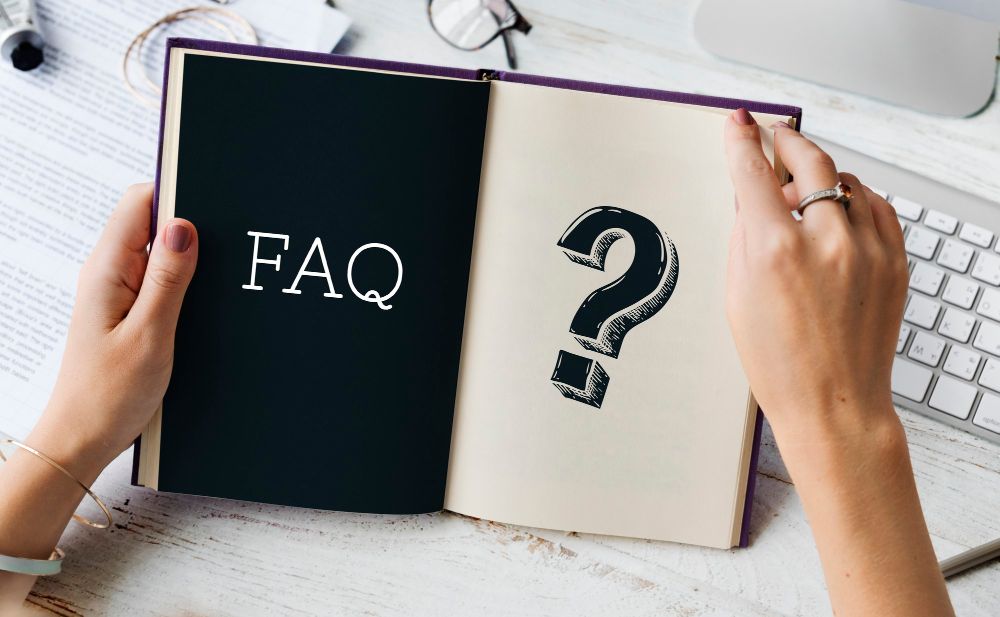Introduction:
In the realm of real estate and financing, the terms mortgagor and borrower are often used interchangeably, leading to confusion among individuals navigating the intricate landscape of home loans. However, it’s crucial to recognize that these terms carry distinct meanings and roles in the mortgage process. In this comprehensive guide, we shed light on the nuances that differentiate a mortgagor from a borrower, unraveling the complexities that may have eluded clarity in the past.
Defining the Terms
Mortgagor
The term mortgagor refers to an individual or entity that pledges an interest in real property as collateral for a loan. In simpler terms, the mortgagor is the party offering their property to secure the mortgage. This individual retains the equitable title to the property, meaning they maintain ownership rights, but the legal title is held by the lender until the mortgage is fully paid.
Borrower
Conversely, the borrower is the entity or individual seeking financial assistance in the form of a loan. In the context of a mortgage, the borrower is the party responsible for obtaining funds to purchase a property. The borrower enters into a legal agreement with the lender, committing to repay the borrowed amount along with accrued interest over a specified period.
Key Differences
Legal Ownership
One of the primary distinctions lies in legal ownership. The mortgagor retains ownership of the property throughout the mortgage term, while the borrower gains possession and use of the property but does not hold the legal title until the mortgage is fully paid.
Financial Responsibility
While the mortgagor pledges the property as collateral, the borrower assumes the financial responsibility of repaying the loan. This includes both the principal amount borrowed and the interest accrued over the loan’s duration.
Navigating the Mortgage Process
Understanding the roles of the mortgagor and borrower is pivotal when navigating the mortgage application process.
Application Phase
During the initial stages, the borrower approaches a lender with the intention of securing a mortgage. The lender evaluates the borrower’s creditworthiness, financial stability, and the property’s value before approving the loan.
Legal Formalities
Once approved, the borrower and mortgagor enter into a legal agreement, known as a mortgage deed. This document outlines the terms and conditions of the loan, specifying the responsibilities of both parties.
Ownership Dynamics
Throughout the mortgage term, the mortgagor maintains ownership rights, while the borrower enjoys possession and use of the property. It’s essential to recognize this nuanced coexistence of ownership dynamics.
Potential Implications
Foreclosure Proceedings
In the unfortunate event of default on the loan, the lender may initiate foreclosure proceedings. This legal process allows the lender to seize the property, potentially leading to the mortgagor losing ownership rights.
Credit Impact
For the borrower, defaulting on mortgage payments can have severe repercussions on credit scores. It may hinder future borrowing capabilities and impact financial stability.
Conclusion
In essence, while the terms mortgagor and borrower are intertwined in the mortgage landscape, understanding their unique roles is imperative for anyone navigating the complex world of real estate financing. Clarity on these distinctions empowers individuals to make informed decisions, ensuring a smoother and more transparent mortgage process.

Frequently Asked Questions (FAQs) – Mortgagor vs. Borrower
Q1: What is a mortgagor?
A1: A mortgagor is an individual or entity that pledges real property as collateral for a loan. Despite offering the property as security, the mortgagor retains ownership rights, holding the equitable title until the mortgage is fully repaid.
Q2: How does a mortgagor differ from a borrower?
A2: While the terms are often used interchangeably, the key difference lies in legal ownership. The mortgagor retains ownership throughout the mortgage term, while the borrower gains possession and use of the property without holding the legal title until the mortgage is paid in full.
Q3: What is a borrower?
A3: A borrower is an individual or entity seeking financial assistance through a loan, often in the context of a mortgage. The borrower is responsible for repaying the borrowed amount along with accrued interest over a specified period.
Q4: What legal agreements are involved in the mortgage process?
A4: The primary legal agreement is the mortgage deed. This document outlines the terms and conditions of the loan, specifying the responsibilities of both the borrower and mortgagor.
Q5: Can a mortgagor lose ownership rights?
A5: Yes, in the event of default on the loan, the lender may initiate foreclosure proceedings, potentially leading to the mortgagor losing ownership rights.
Q6: How does defaulting on mortgage payments affect the borrower?
A6: Defaulting on mortgage payments can have severe consequences for the borrower, impacting credit scores and hindering future borrowing capabilities.
Q7: What happens during the mortgage application phase?
A7: The borrower initiates the process by approaching a lender, who evaluates creditworthiness, financial stability, and property value before approving the loan.
Q8: How long does the mortgage process typically take?
A8: The duration varies, but the mortgage process generally involves application review, approval, legal formalities, and the disbursement of funds, spanning several weeks to months.
Q9: Can a borrower sell the property during the mortgage term?
A9: Yes, but the sale must adhere to the terms outlined in the mortgage agreement, and the outstanding loan amount must be settled from the proceeds.
For more articles: click here!






